Back in Summer 2019 I started interviewing and photographing teachers, creating homemade zines to give out. It’s something I’d done before with poetry but never with photography. I’d definitely recommend it if you want to challenge yourself and push your photography in different directions.
It started after reading a book of interviews about headteachers and leaders in schools (The Unexpected Leader by Iesha Small). I loved the idea and wanted to do something similar but for teachers and TAs (Teaching Assistants). Often in education, the loudest voices on social media and in the news are not teachers. They’re educational consultants, executives of multi-academy trusts or politicians.
Frequently, the ones who get missed out are the very people who spend every day working with young people in the classroom. The idea of creating a zine about education seemed like a small but important step towards shifting the dialogue back to those on the front line of education.*
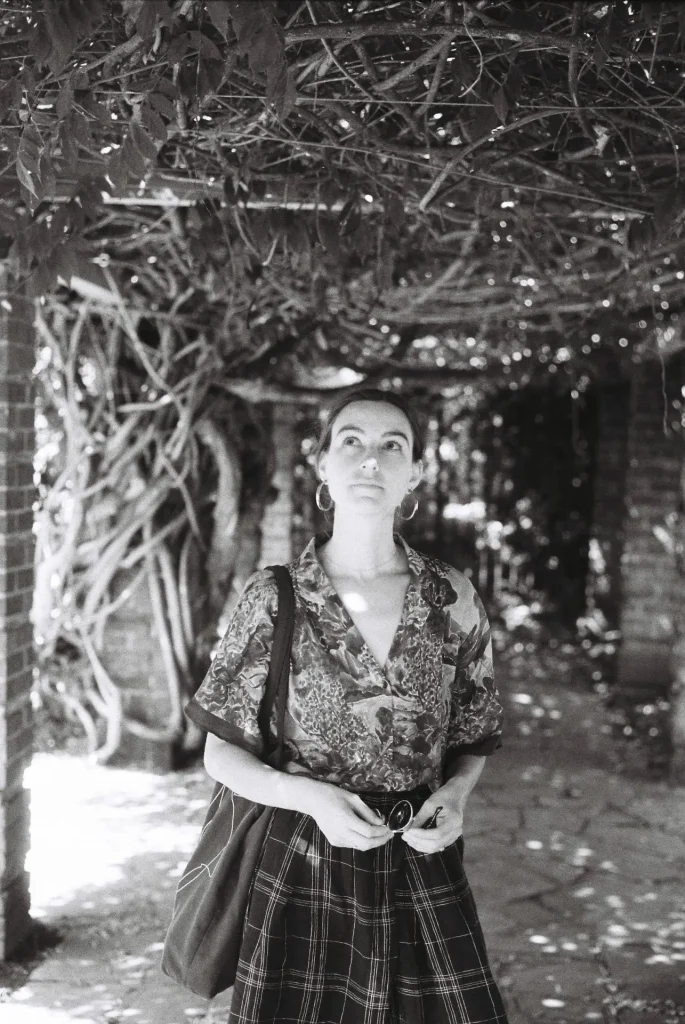
Zine Making
It feels a bit unnecessary explaining zine making here, as most readers of 35mmc will be familiar with the idea. But to my understanding, it’s a DIY magazine made at home and hand-stapled (or hand-sewn if you’re feeling fancy). They are in no way mainstream, usually have small print runs and a small readership. Arguably the two most important aspects of a zine are:
1. You don’t need anyone’s permission to publish it, so it can be about whatever message you want to send out to the world (zines are usually counterculture in some way and are often political or radical in content).
2. The costs are kept to a minimum. This is not a glossy publication; rather it’s the opposite of a fancy magazine.
Well, we all know with film photography the cost is a problem. Plenty of people have written on here and other sites about this, and how to manage it. My approach is to use cheapish black and white film (Fomapan 400 is excellent) and print and staple it at home. The quality is so-so but the main thing is that anyone can do it.
The point is that you can do it and, if you’re interested but lack the confidence or are unsure where to start, I’d really just recommend that you have a go. If you’ve recently taken up film photography or if, like me, you’ve been doing it for a number of years but feel like you need a bit of a creative boost, then try setting yourself a project and make a zine.
The Teachers
Over the last eighteen months I’ve chatted to so many people about their jobs and their lives. It’s made me reflect on my own teaching and think about what it means to bring your whole self into a classroom every day. I learn something new every time I interview someone. Here are just some of the teachers I’ve met.
Martin
Early in November 2019 I was in a bar off Station Street in Huddersfield to meet Martin. He works in a local primary just outside town and had been recommended to me as someone worth talking to about education. He’s doing some interesting things in his village school – teaching Japanese to Year 6 pupils as well as taking classes on a tour of Japan, running end-of-year lip-synch battles and working with the RSC on multi-school Shakespeare performances.
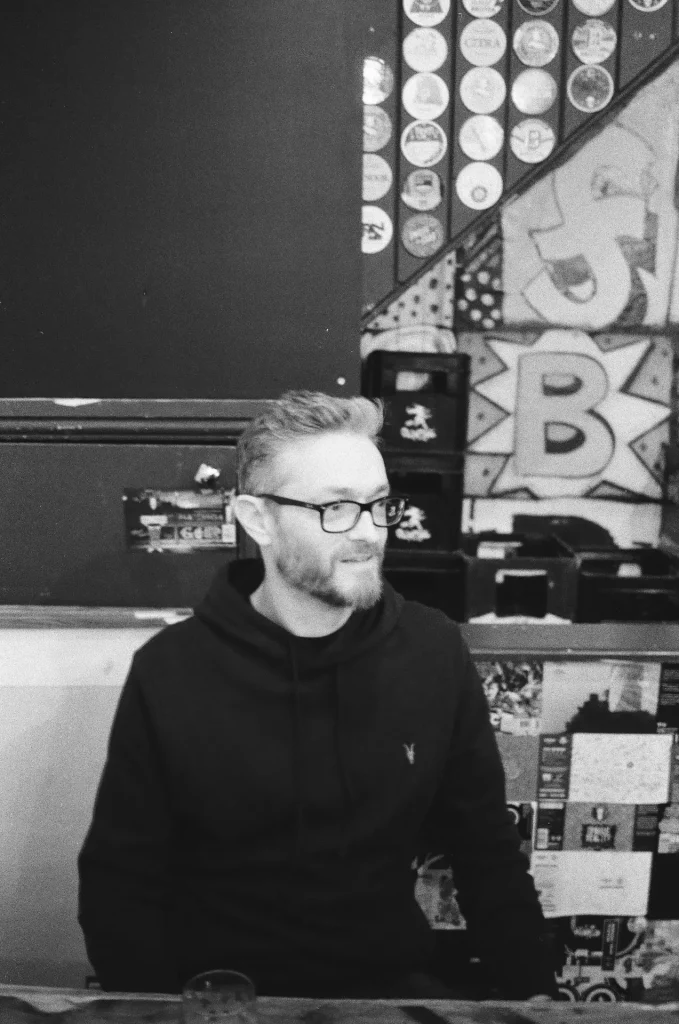
He’s one of many teachers and TAs across the country whose work in the classroom isn’t making headlines but is having a huge impact on the lives of the young people in them.
Tom
Tom was a teacher in his early 60s who recently decided to become a TA. He arrives at school every morning at 7am to meditate in the classroom and tidy it up before the teacher arrives. He says that the feeling of the space the pupils walk into in the morning is so important to the quality of their day.
Several times a year he voluntarily leads groups of pupils on trips up the Yorkshire Three Peaks and on weekends he plays the cello in the local park. Tom does things for other people with no thought for himself, but he also makes sure he is in a position to give all he can to the children while also taking care of his own health and wellbeing. I think about him often when I’m feeling overwhelmed by the workload in school.
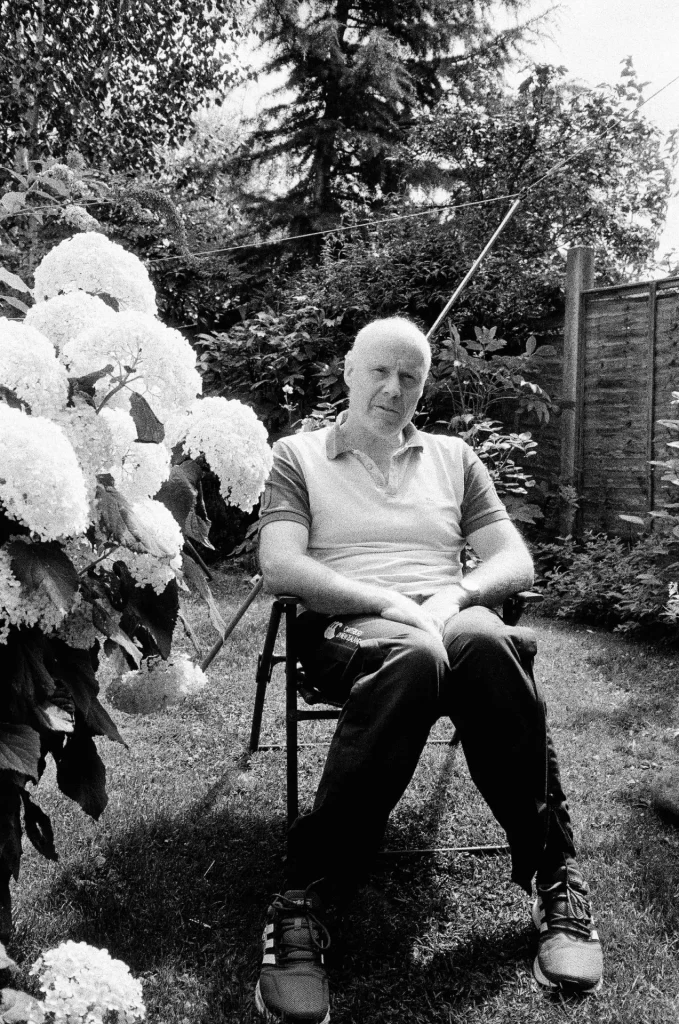
Zahida
Back in August 2019, I interviewed my friend Zahida. She’s an English teacher and head of year at a secondary school in London and we met way back when I was on the second placement of my PGCE course, over fifteen years ago.
When I meet up with Zahida to interview her, we go on a walk together in Richmond Park. On the way, we bump into one of her students and his mother. They greet her enthusiastically, chatting about GCSE results and swapping book recommendations before we move on. You can tell from the short encounter that she’s the kind of teacher students remember fondly years later.
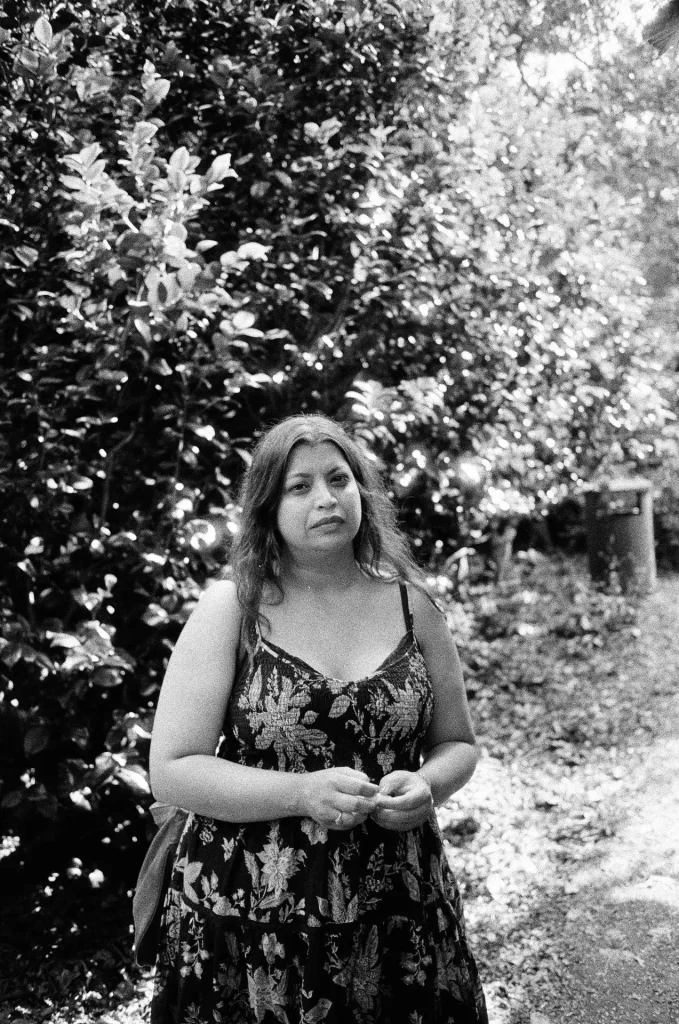
Michelle
The last interview I did, in December 2020, was with a colleague at my own school. Michelle is a TA with ten years’ experience in the classroom and has worked herself as a teacher in Egypt.
I ask her what inspires her to work with children and she describes her own struggles at school, citing creativity as a way out for her and for the pupils she works with:
“Not everyone’s good at Maths or good at English and they might struggle, whereas they might have something else that they’re good at. And I think I’m quite good at honing-in on those children because I’ve had that experience as a child. I use my own creativity and my own experience and put that in the classroom and try and use it as a positive.”
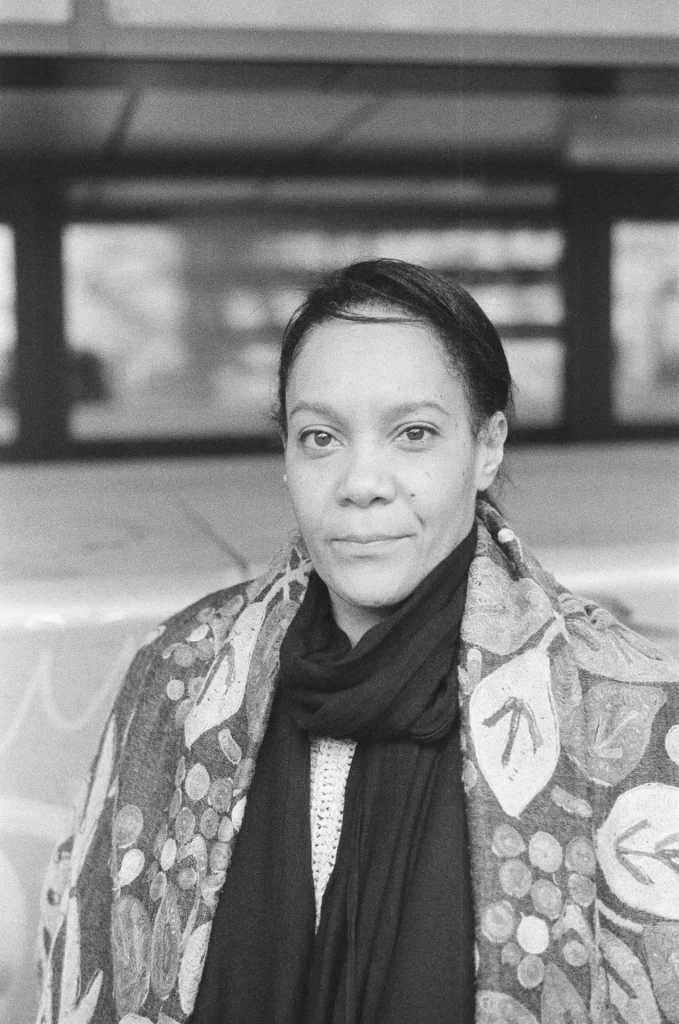
Since Covid-19
When the UK went into its first lockdown in March 2020, I’d just finished the second issue of the zine. And honestly, I thought that would be it. I couldn’t see how it would be possible to keep it going when we could barely leave our houses, let alone meet to chat and take photographs.
But then the lockdown eased in June 2020, pupils and teachers started to return to schools. There were so many new debates circulating around education: about safety; about learning loss; about free school meals.There were more debates about school return in September and legitimate concerns about a second Covid wave. I couldn’t really not continue to interview teachers. I needed to hear what they thought about what was going on.
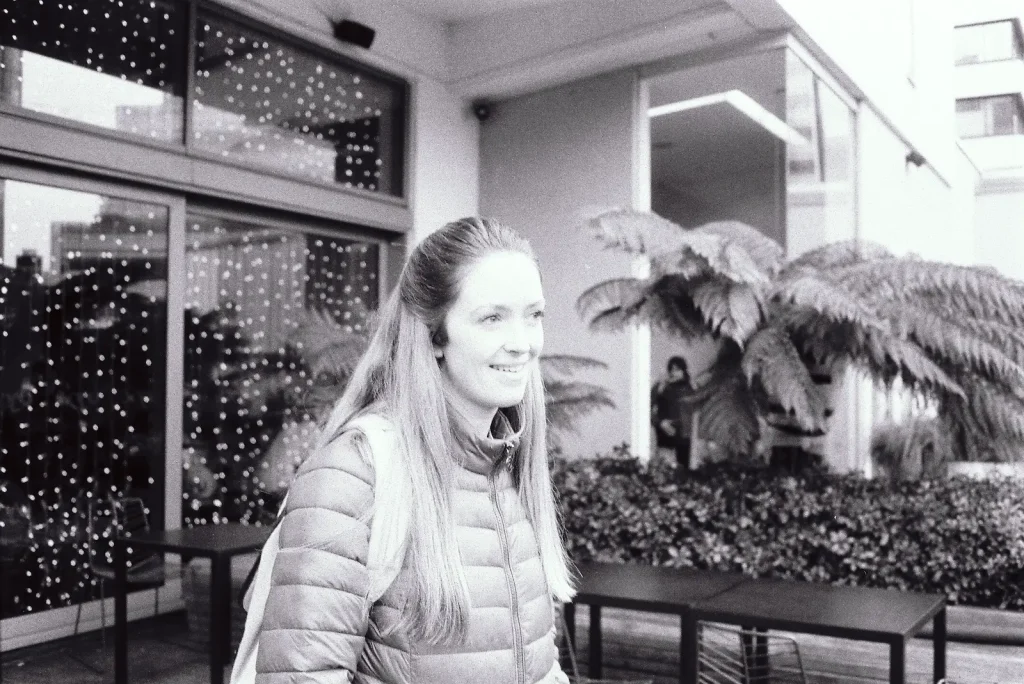
Photography
I like what Hamish wrote here about the balance between love of cameras and love of taking photographs. Both things are great, but ultimately the camera is a tool for saying something about your subject. What started as a project for me has become something more than that. Making a zine has focused my work and made it relevant in a way that I don’t think it was before. It’s shifted the emphasis and started a dialogue that I hope will continue.
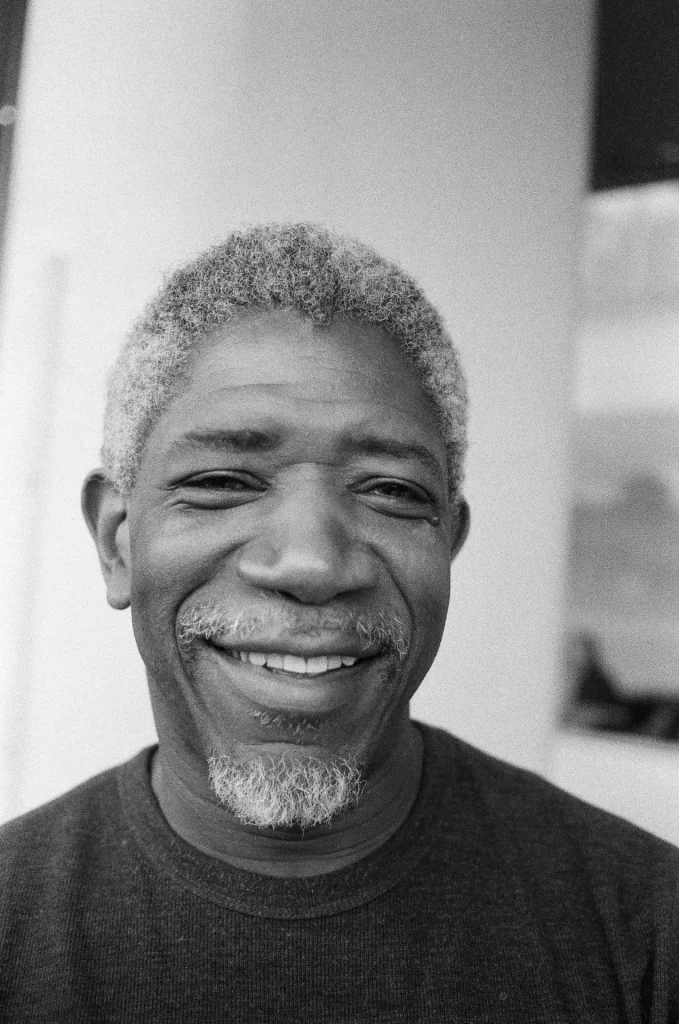
Now all the interviews are also collected online and anyone can subscribe to the Tiny Letter and read the interviews here: http://bit.ly/3a0P3HG
You can check out my work on Instagram @filmbum81 or contact me on Twitter @marshalldavi
Thank you for reading this article. I’m grateful to Hamish for letting me publish it here. If you can, please support 35mmc via Patreon or Ko-fi. And if you do start a project, I’d love to read about it and see the finished product.
All photographs were taken on Fomapan 400 using a Contax T3 or a Voigtlander Bessa R2 + 50mm Summicron lens.
*Note: Having said that, there are some publications and sites that support and amplify teachers’ voices. TES and The Guardian are two of the best and most supportive. I think though that there’s a place for smaller, handcrafted work about education as well.
Share this post:
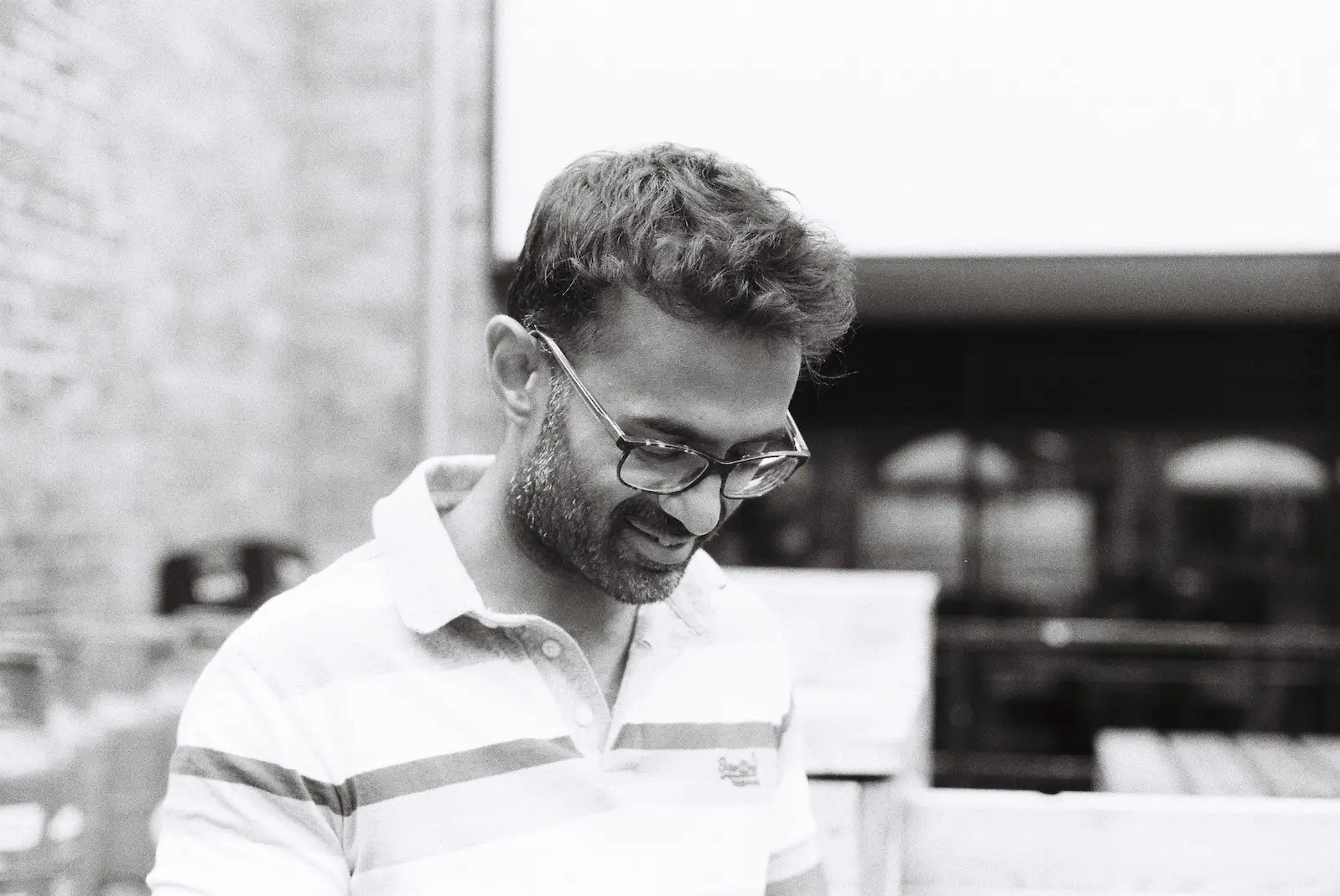
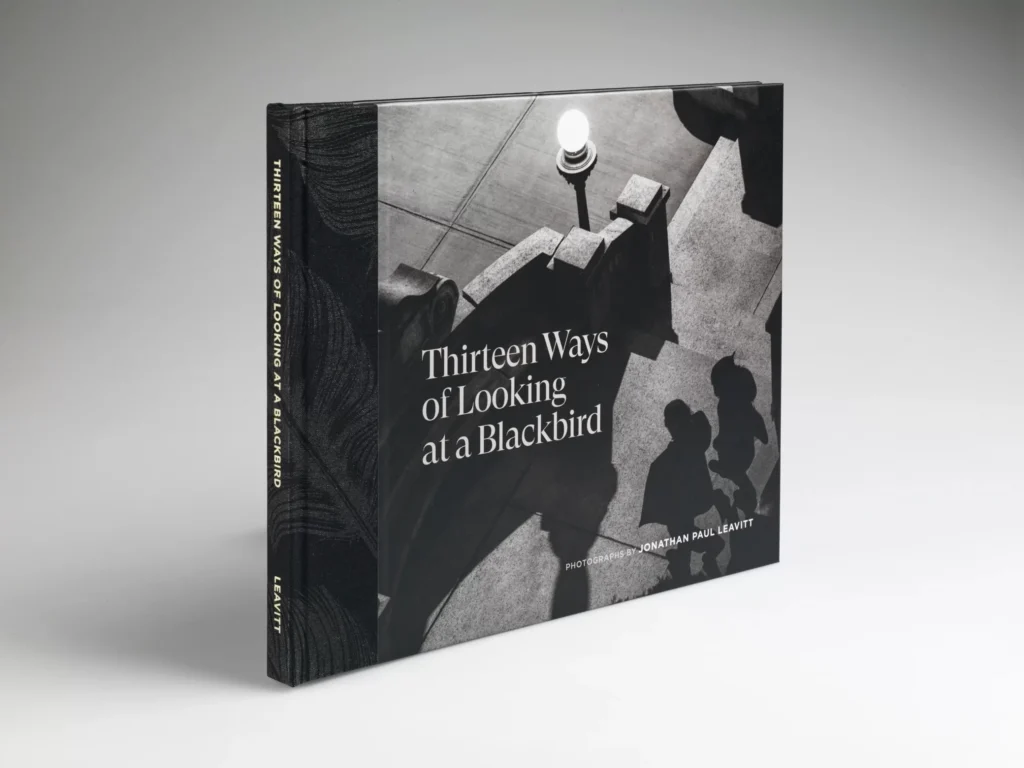
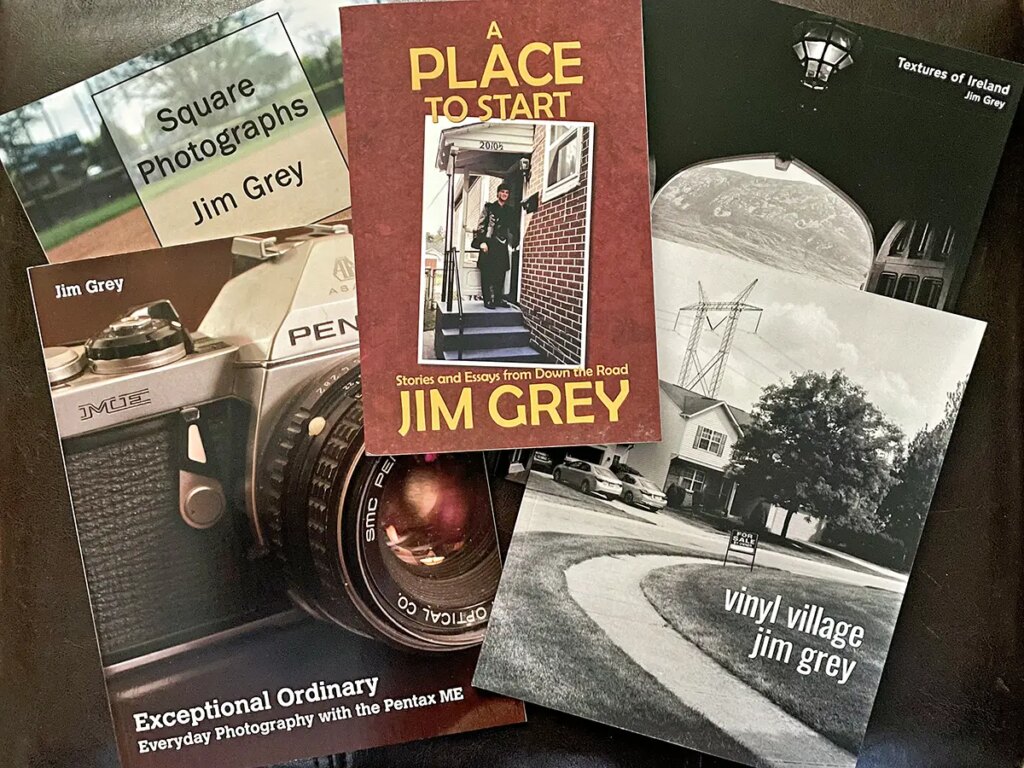
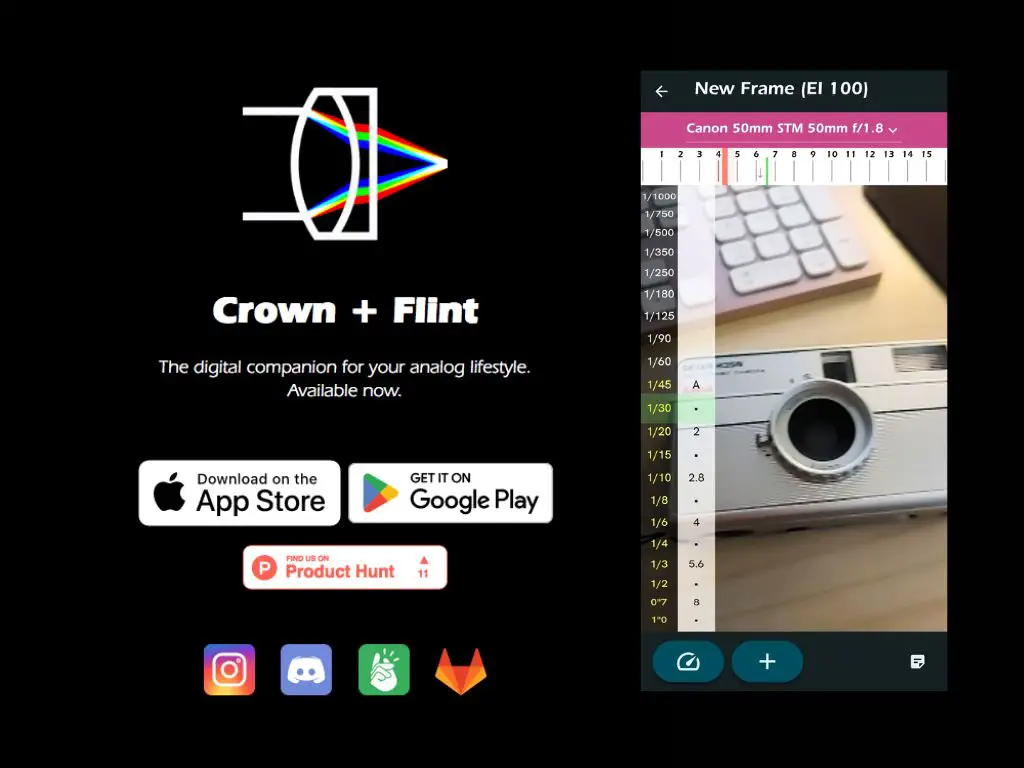
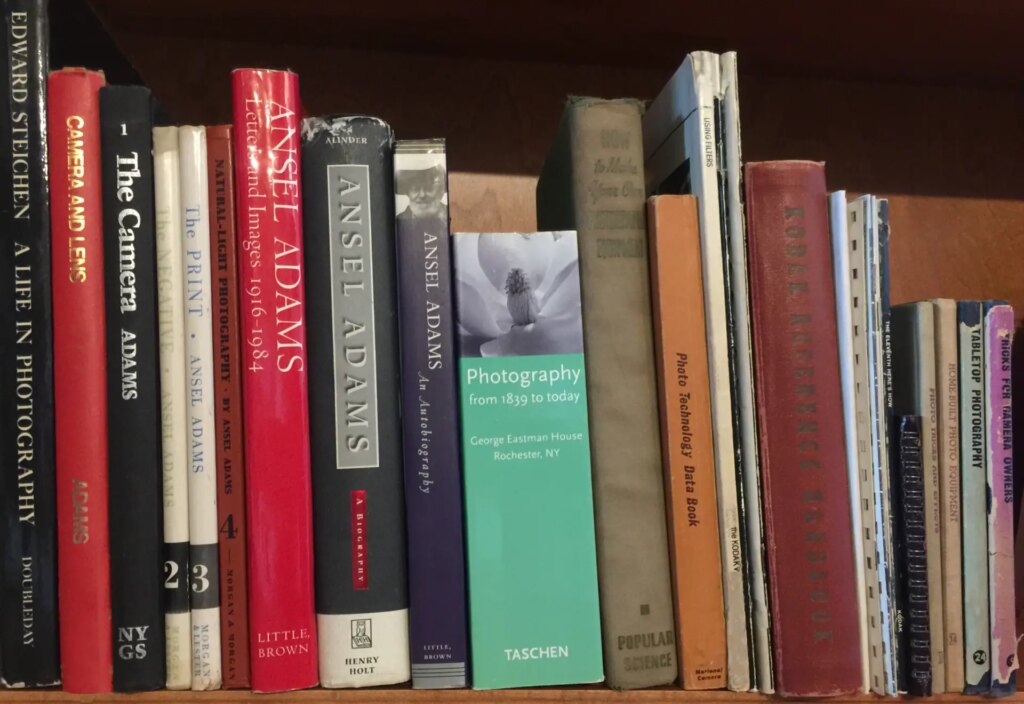




Comments
Rock on Talking with Teachers – A Photography and Zine Project – By David Marshall
Comment posted: 18/02/2021